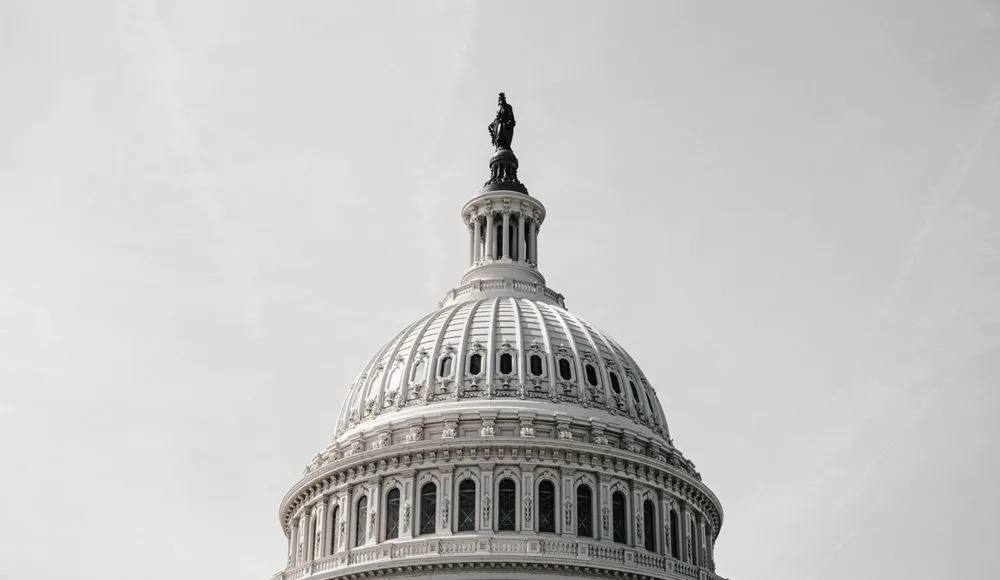Annual intelligence authorization bill clears Senate committee
The Senate Intelligence Committee on Wednesday unanimously approved its annual intelligence authorization bill, with an increased focus on threats from China and election security ahead of next year’s presidential contest.
The largely classified legislation authorizes billions of dollars in spending by America’s 18 intelligence agencies and sets funding levels for intelligence-related programs. President Joe Biden requested $72.4 billion for such efforts in fiscal year 2024.
The bill also provides policy guidance to the organizations that make up the U.S. clandestine community.
“This year’s bill increases the IC’s ability to track threats posed by adversarial nations, including technological and economic competition with China,” Intelligence Committee Chair Mark Warner (D-VA) said in a statement.
Specifically, the measure boosts oversight of the national security dangers posed by Beijing’s “predatory economic practices, political influence operations, military capabilities, and investments in, and attempts to dominate the supply chains of artificial intelligence (AI), next-generation energy technologies, and biotechnology,” according to a summary provided by the panel.
It incorporates previously introduced bipartisan legislation that would direct the Election Assistance Commission to mandate voting systems seeking certification to undergo simulated attacks — or penetration testing — in order to uncover potential vulnerabilities.
The bill requires the Director of National Intelligence to establish policies for the spy community’s “acquisition, adoption, development, and use of AI,” the summary states. It also prohibits the Homeland Security Department’s intelligence arm from collecting information or intelligence on U.S. persons.
The measure includes bipartisan classification and declassification reforms, such as modernizing declassification and addressing presidential records in the wake of leaks of government information on Discord by a 21-year-old airman with the Massachusetts Air National Guard and former President Donald Trump taking documents from the White House.
In recent years, the intelligence authorization has been attached to the must-pass defense policy bill. Both the House and Senate Armed Services committees are due to take up their respective draft of that legislation next week.
The House Intelligence Committee will likely vote on its version of the authorization bill next week.
Martin Matishak
is the senior cybersecurity reporter for The Record. Prior to joining Recorded Future News in 2021, he spent more than five years at Politico, where he covered digital and national security developments across Capitol Hill, the Pentagon and the U.S. intelligence community. He previously was a reporter at The Hill, National Journal Group and Inside Washington Publishers.



